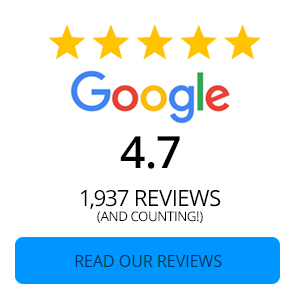Without financial goals, your money is just money. It's easy to fritter it away when you don't have a plan for it or even easier not to see the point of having money when there's no goal behind it.
The key to financial success is figuring out what you want your money to do for you, then making a plan to help your money do exactly that. Your goals might be different from your relative's, friend's or neighbor's. That's OK, as long as you know what you're working towards and why.
Identify Your Goals
The first step towards reaching your financial goals is knowing exactly what those goals are. You don't have to be particularly specific in this step. Simply making a list of what you'd like to achieve financially is sufficient. If you're stumped in terms of what your goals could be, here's a list to get you started:
- Build up an emergency fund.
- Pay off student loans or consumer debts.
- Save up money for a down payment on a house.
- Save for a wedding or honeymoon.
- Start saving for your children's college education.
- Save for retirement.
- Creating and sticking to a budget.
Not all goals are the same. "Save money" is a goal, but it has little definition. How will you save money and how much money do you want to save? "Save $1,000 by the end of the year by making automated deposits into a savings account" is another goal. It's also an example of a SMART goal. According to Project Smart, the concept of SMART goals comes from project management. It's an acronym that stands for Specific, Measurable, Achievable, Realistic and Time-Based.
The more specific you can be when setting your goals, the easier they will be to achieve. In the case of an emergency fund, for example, you might decide to save up six months worth of income over the course of two years. To do that, you'd have to stash away 25 percent of your income each month in a savings account.
- What will happen if I don't achieve this goal? (For example, if you don't have an emergency fund, how will you pay for an unexpected expense?)
- How expensive is this goal? (Will putting off paying down debt cost you more in the long run?)
- Why do I want to achieve this goal? (Will you gain financial independence or security, be able to pursue your interests or have a more comfortable life after you reach your goal?)
Now that you know what you're working towards, it's time to make a plan to reach that goal. According to US News and World Report, the ideal plan should be specific yet flexible enough to weather any changes in your financial life from month to month. A simple plan might be to put an extra $100 per month towards your debt or to save XX percent of your income each month.
Knowing where your money goes each month and having a budget in place will help you figure out how you can achieve your goals or if your current goals work with your current financial picture. No matter how big your goals, you need to be able to make them work with your current finances. Breaking down a big goal into smaller pieces can help you make it work when money is tight or when you don't have much extra to spare.
Put the Plan Into Action
When your plan is in place, the next step is to put it into action. Automating deposits to your savings account each month or auto-scheduling debt payments are among the easiest ways to make sure you stay on track. You can always cancel or adjust automated deposits if you have a setback.
Think of setting goals for your money as a journey. Whether you need a dedicated savings account for your emergency fund or need assistance planning for retirement or another major milestone, Coosa Valley Credit Union is here to help. Contact us today to learn more about how you can make your money goals a reality.

